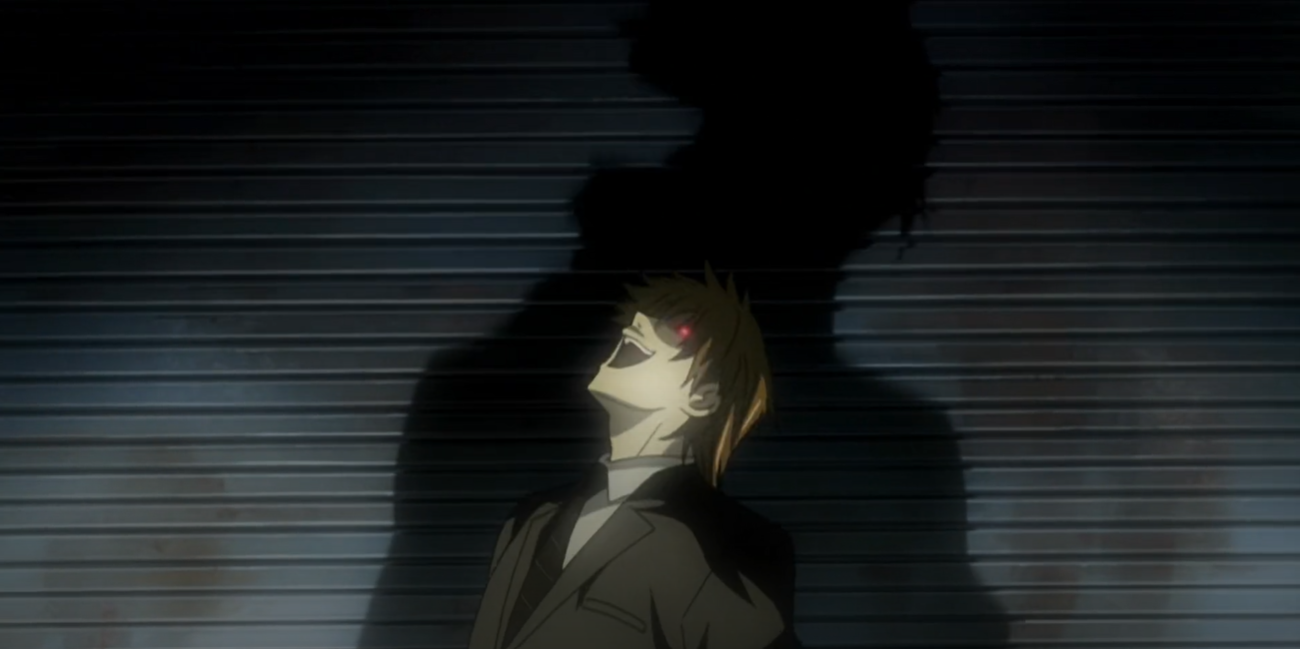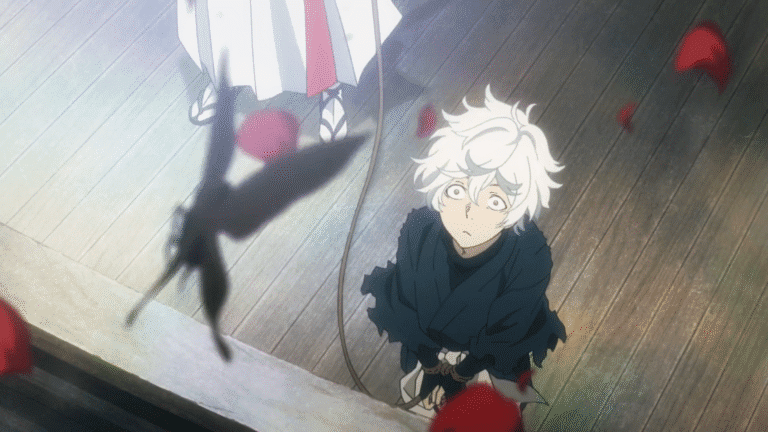The Complex Morality of Light Yagami: Hero or Villain? (Death Note Character Analysis)
Why Light Yagami Still Sparks Debate
Few anime characters have divided fans like Light Yagami from Death Note. Introduced as a brilliant high school student who stumbles upon a deadly supernatural notebook, Light begins with a noble mission: to rid the world of crime. But as the series progresses, we witness a chilling transformation.
Is Light a tragic hero with godlike ambitions—or a full-blown villain hiding behind justice?
This post explores the complex morality of Light Yagami by examining his motives, choices, evolution, and legacy in the anime world.
Who Is Light Yagami?
First Appearance: Death Note (2006 anime adaptation)
Occupation: Student → “Kira” (Mass Murderer)
Power: The Death Note, a notebook that allows its user to kill anyone simply by writing their name
Light’s initial goal seems simple: eliminate criminals to create a peaceful, utopian world. But as his body count rises, so does his arrogance, detachment, and control obsession.
The “Hero” Argument: Light as a Just Revolutionary
Many fans argue Light is a hero with a tragic flaw—someone trying to change a broken system.
1. Targeting Only Criminals (at First)
When Light first acquires the Death Note, he specifically targets rapists, murderers, and dangerous criminals. He even monitors news broadcasts and global crime trends. His intentions appear “pure”: to create a crime-free society.
“I’m doing what the police can’t. I’m cleaning up the world.”
For some viewers, Light becomes a symbol of vigilante justice, correcting the failures of law enforcement and corrupted systems.
2. A World Without Fear
Light’s world, as “Kira,” is one where criminals fear committing crimes, knowing death could strike at any moment. His god-like presence acts as a deterrent, and crime rates plummet.
To his followers (both in the show and real-life fandom), he’s not a villain—he’s a revolutionary.
The “Villain” Argument:
Light as a Narcissistic Killer Despite his initial “heroic” motives, Light’s actions grow darker with time—crossing lines no just leader should.
1. Killing Innocents to Protect Himself
As L gets closer to uncovering Kira’s identity, Light doesn’t hesitate to:
- Kill FBI agents
- Manipulate and sacrifice women like Naomi Misora and Misa Amane
- Cause mass collateral damage
He stops targeting only criminals and starts killing anyone who threatens his position.
His logic shifts from “I must protect justice” to “I must protect myself.”
2. God Complex
Light’s famous quote, “I am the god of the new world”, marks a terrifying pivot. His desire to save humanity becomes entangled with his lust for power, control, and recognition.
Rather than creating a utopia, Light starts ruling through fear, believing he alone is worthy of judging others.
Light vs. L: A Study in Ideology
One of the reasons Death Note is so gripping is because it’s more than a crime thriller—it’s a philosophical duel.
L’s Approach
L, the detective, believes in due process, logic, and human rights. He refuses to let any one person decide who lives or dies.
Light’s Belief
Light sees criminals as expendable. To him, the ends justify the means.
Their conflict mirrors real-world debates:
- Is morality absolute or subjective?
- Can fear create peace?
- Is it ever okay to kill for a cause?
This ideological clash keeps the series morally gray—and endlessly rewatchable.
Light’s Fall from Grace
Light’s downfall is poetic. After years of manipulation and lies, his god-like facade crumbles in front of Near and the task force.
He screams, he runs, he bleeds. In the end, he dies alone—exposed not as a god, but as a boy corrupted by power.
This tragic ending reinforces the series’ ultimate message:
Power without humility leads to self-destruction.
🔄 Relatable Take: Why We Sympathize with Light
Despite his crimes, many fans relate to Light—and that’s what makes him compelling.
- Who hasn’t wished they could change the world overnight?
- Who hasn’t felt helpless watching justice systems fail?
Light represents the temptation to control chaos, something deeply human and disturbingly understandable.
He starts off like many of us: frustrated, idealistic, and smart. But as his power grows, so does his ego, and he loses his humanity.
🧠 Final Verdict: Hero or Villain?
Light Yagami is neither a pure hero nor a traditional villain.
He’s an anti-hero turned antagonist. A cautionary tale of what happens when power, even with good intentions, is left unchecked.
| Morality Trait | Hero Light | Villain Light |
|---|---|---|
| Intentions | Erase evil | Rule through fear |
| Targets | Criminals | Anyone who threatens him |
| Justice Definition | Reform society | Self-appointed judgment |
| Legacy | Mixed admiration & fear | Tragic downfall |
💬 What Do You Think?
📢 Is Light Yagami a misunderstood genius or an egomaniac with a god complex?
🗨️ Share your thoughts in the comments below or vote in our next character debate poll on Instagram!
Image credit Madhouse Inc.







